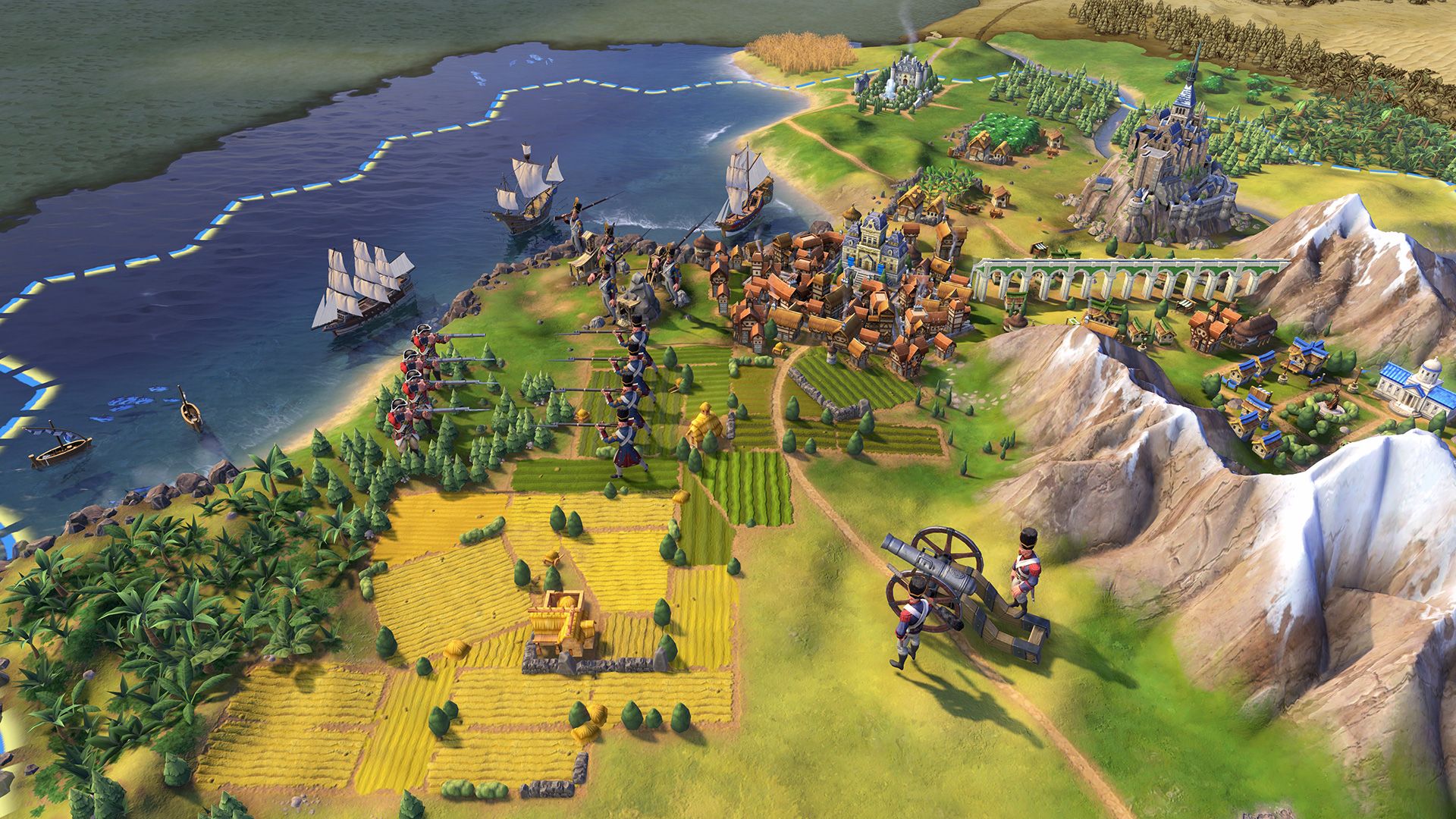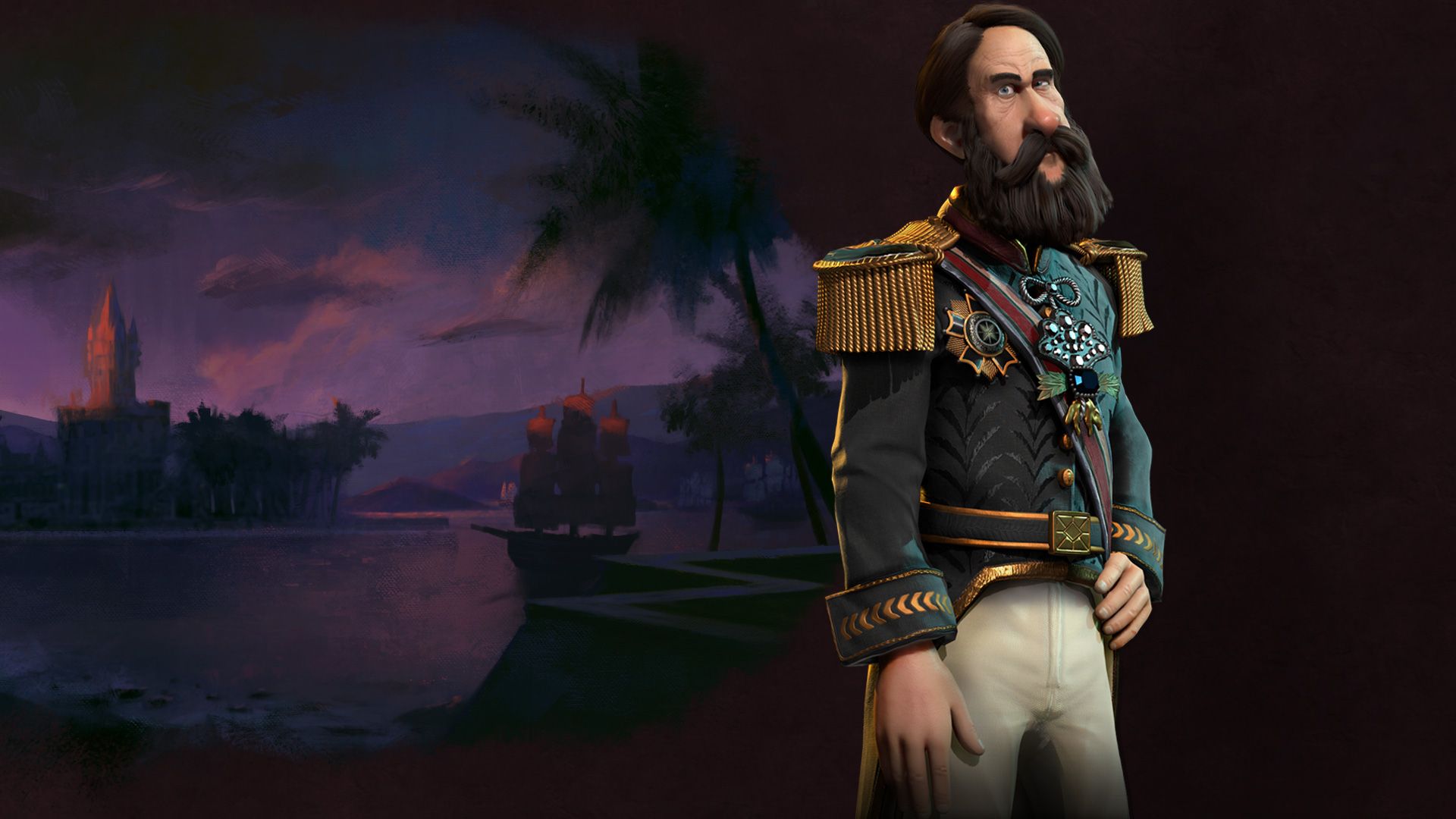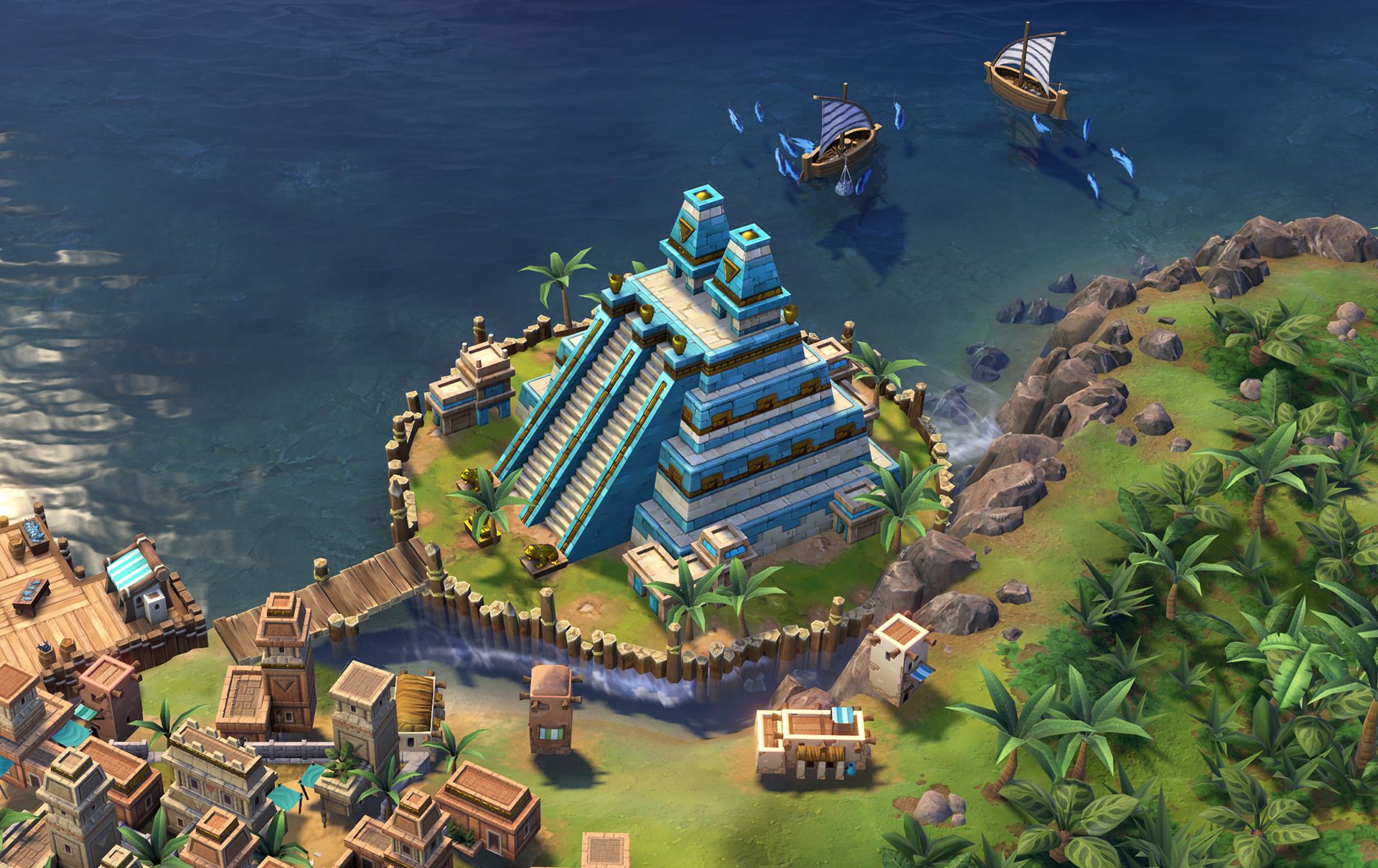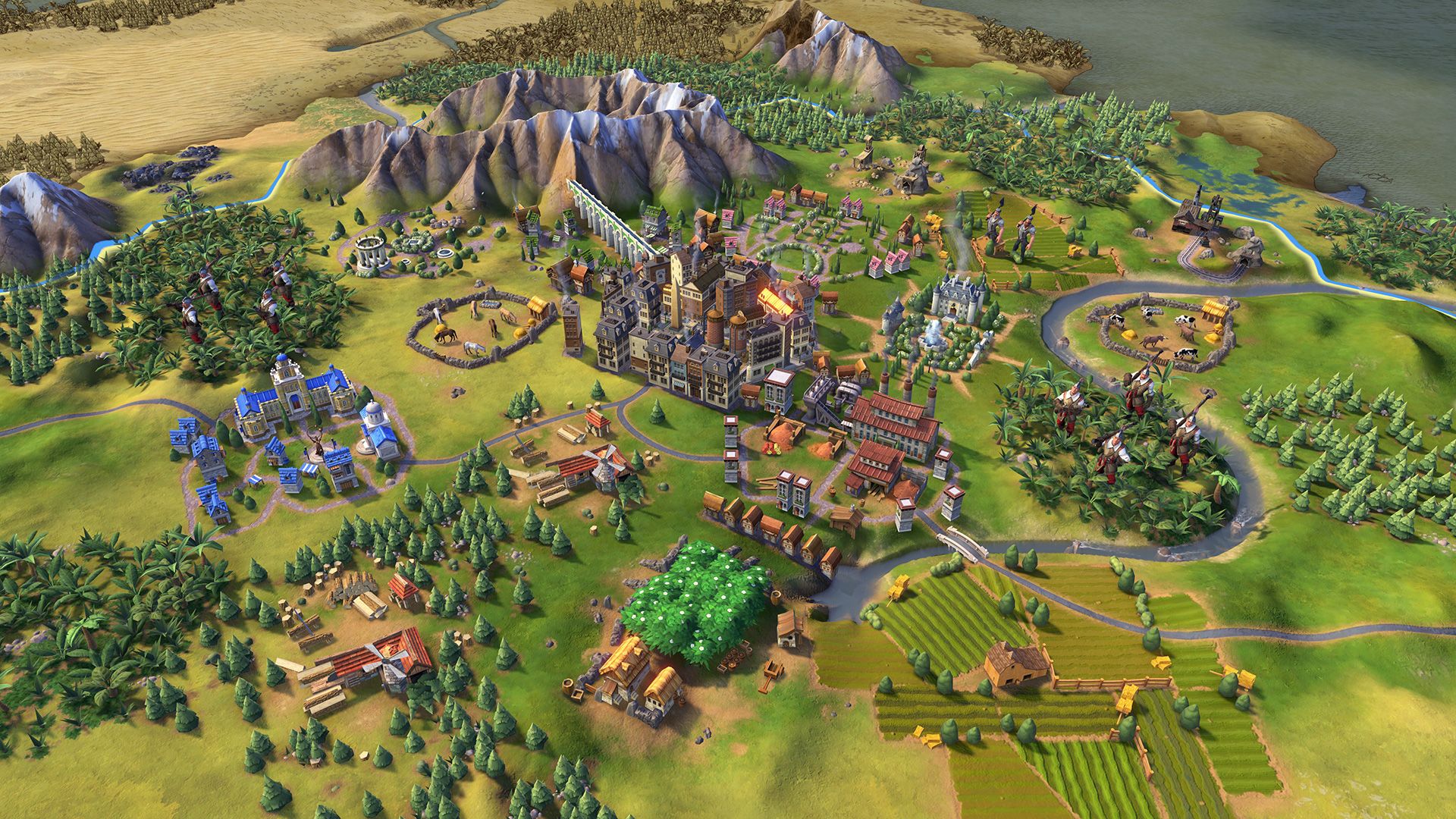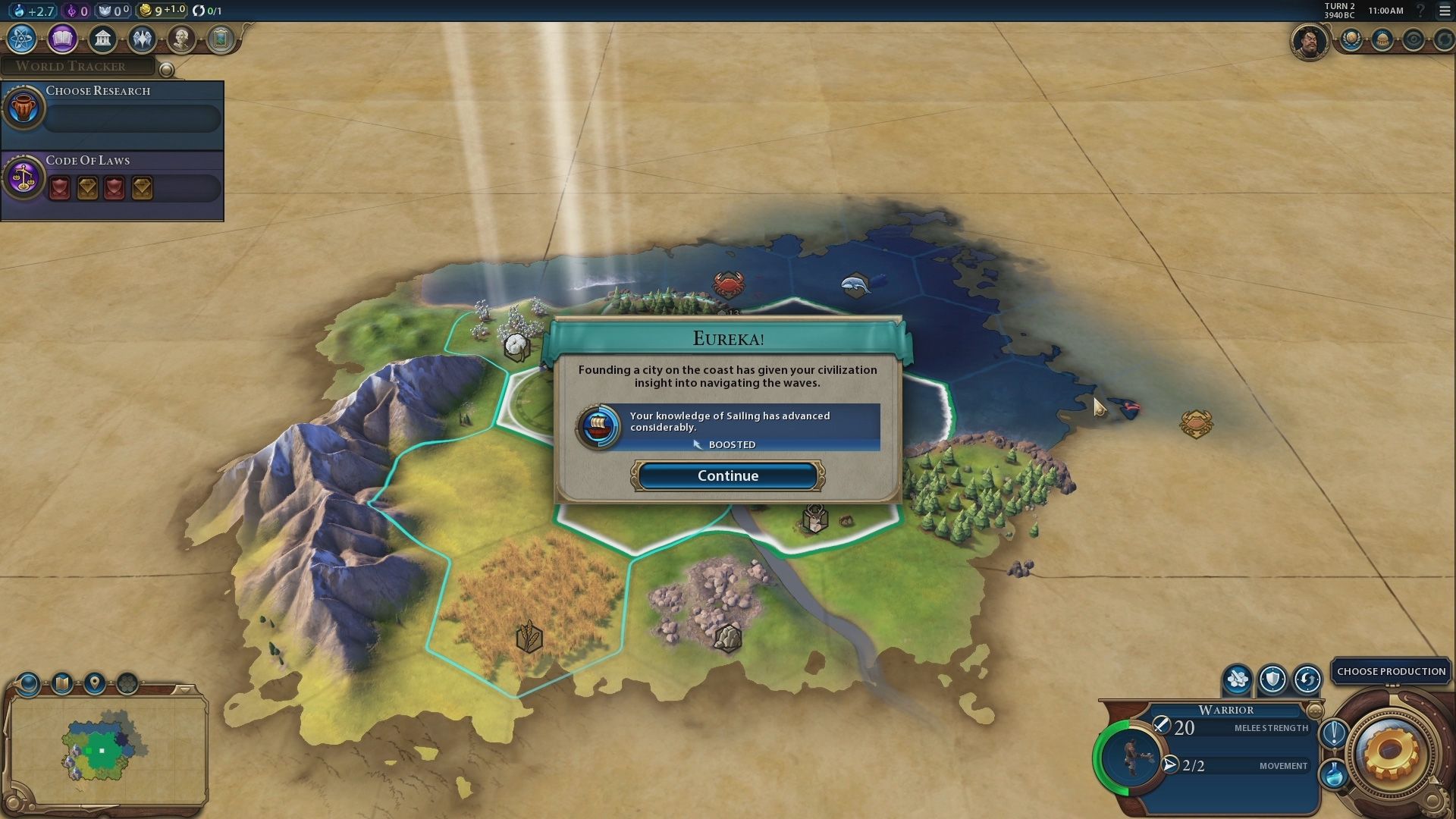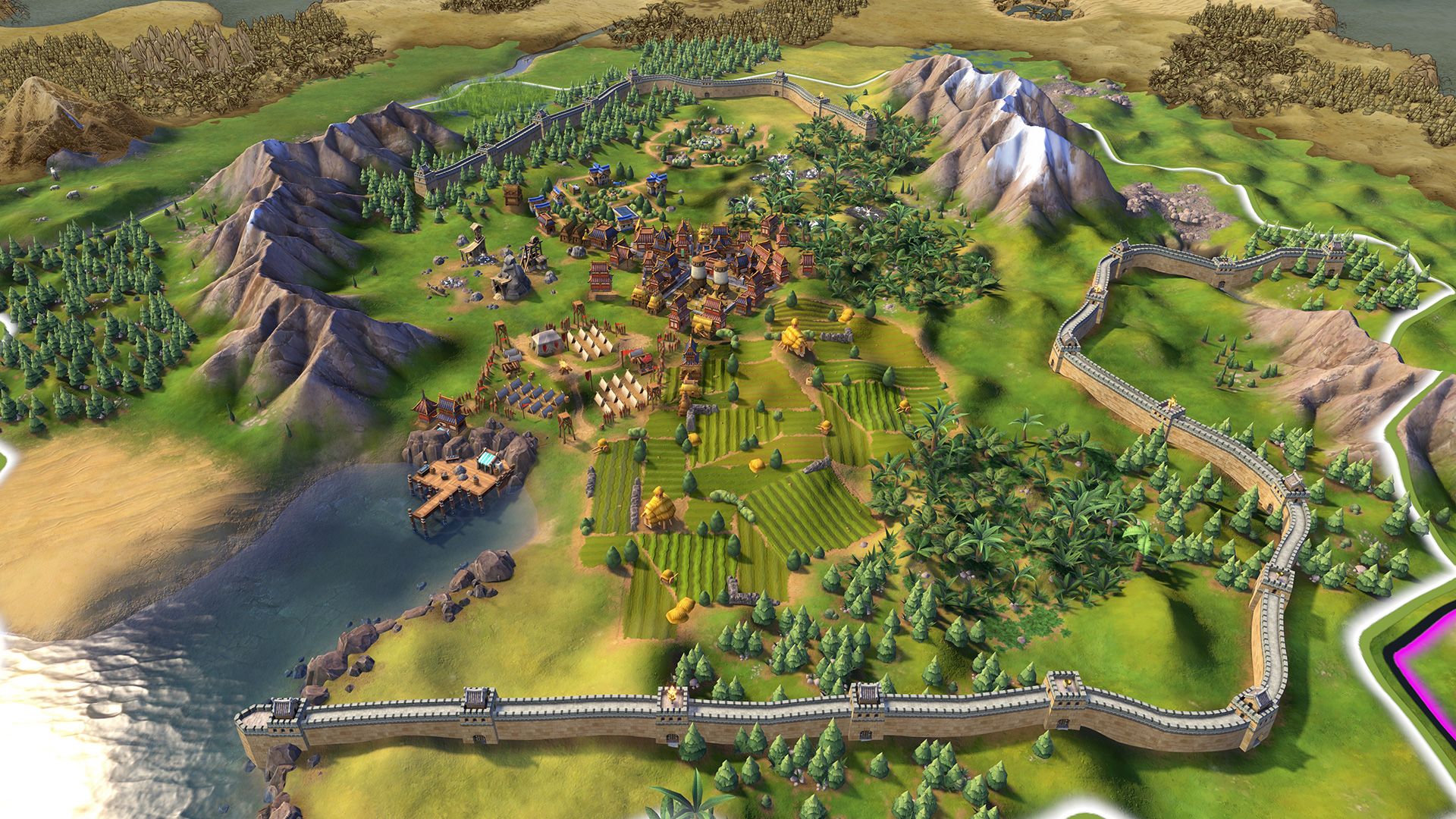
Aug 17, 2016
Sid Meier’s Civilization® VI - Hinkle2K

The charismatic Frederick Barbarossa served as the King of Germany and Holy Roman Emperor for nearly 40 years. Using strong organizational skills and military intellect, Barbarossa adeptly sought peace in Germany while helming six expeditions into Italy in defiance of papal authority.
Barbarossa assimilated several Italian city-states, ultimately claiming direct Imperial control before settling peacefully with the opposition. In 1180 he looked inward, deposing Henry the Lion, one of the most powerful German princes of the time, and proclaimed peace throughout the Empire.
Despite tensions with the church and his advanced age, Barbarossa answered the call of the Third Crusade, perishing in his campaign. His heroism earned him legendary status in German folklore, in which it is said he sleeps in the Kyffhauser Mountain and will return to bring Germany to a golden age.
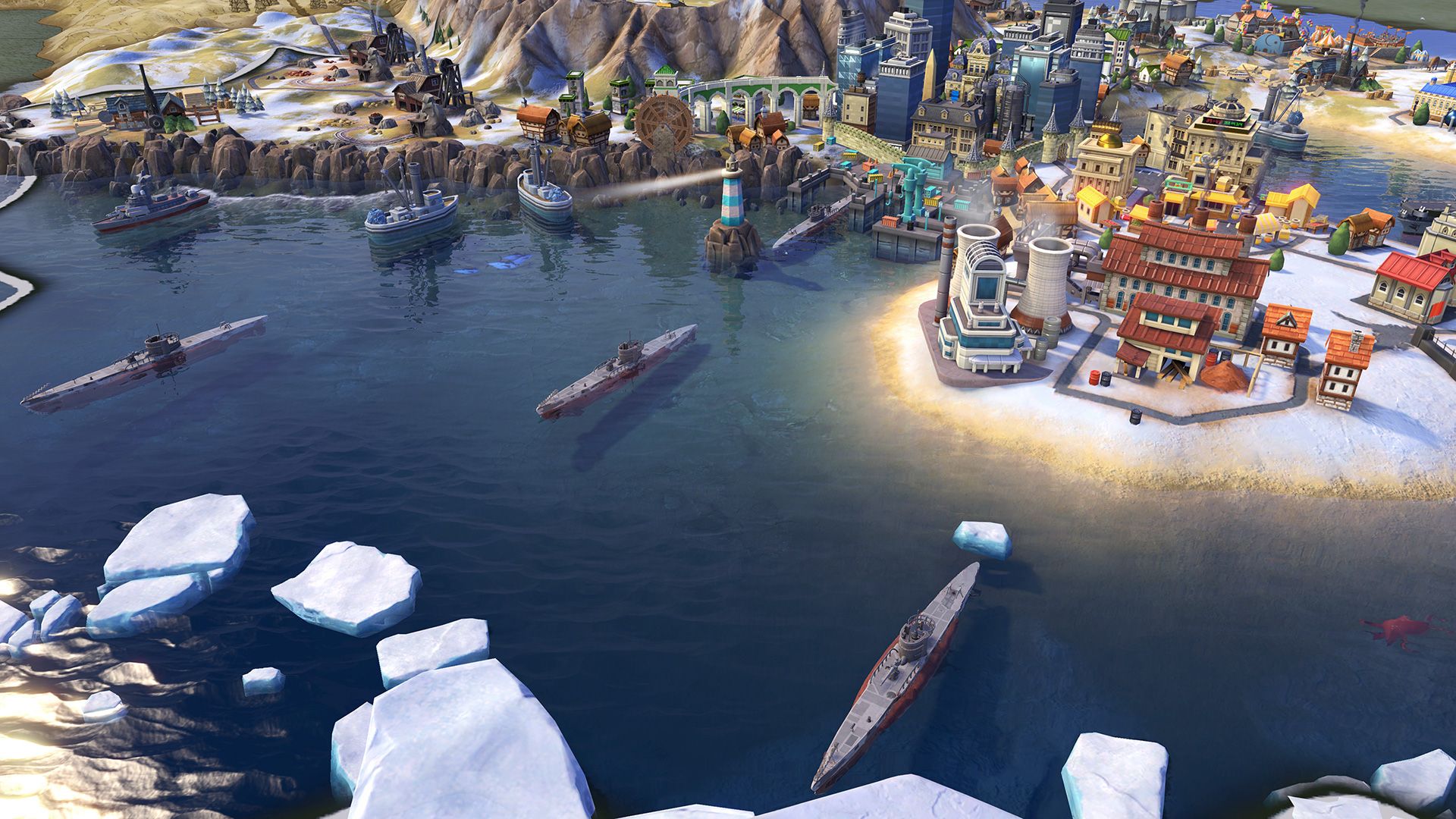
Unique Unit: U-Boat
The formidable German military submarine known as the U-boat was in a class of its own when debuting in World War I, featuring a size, armament, and carrying capacity far superior to any rival nation. U-Boats continued to be a major tool of warfare in World War II, blockading enemy ports and intercepting merchant and civilian fleets before they could reach their destinations.
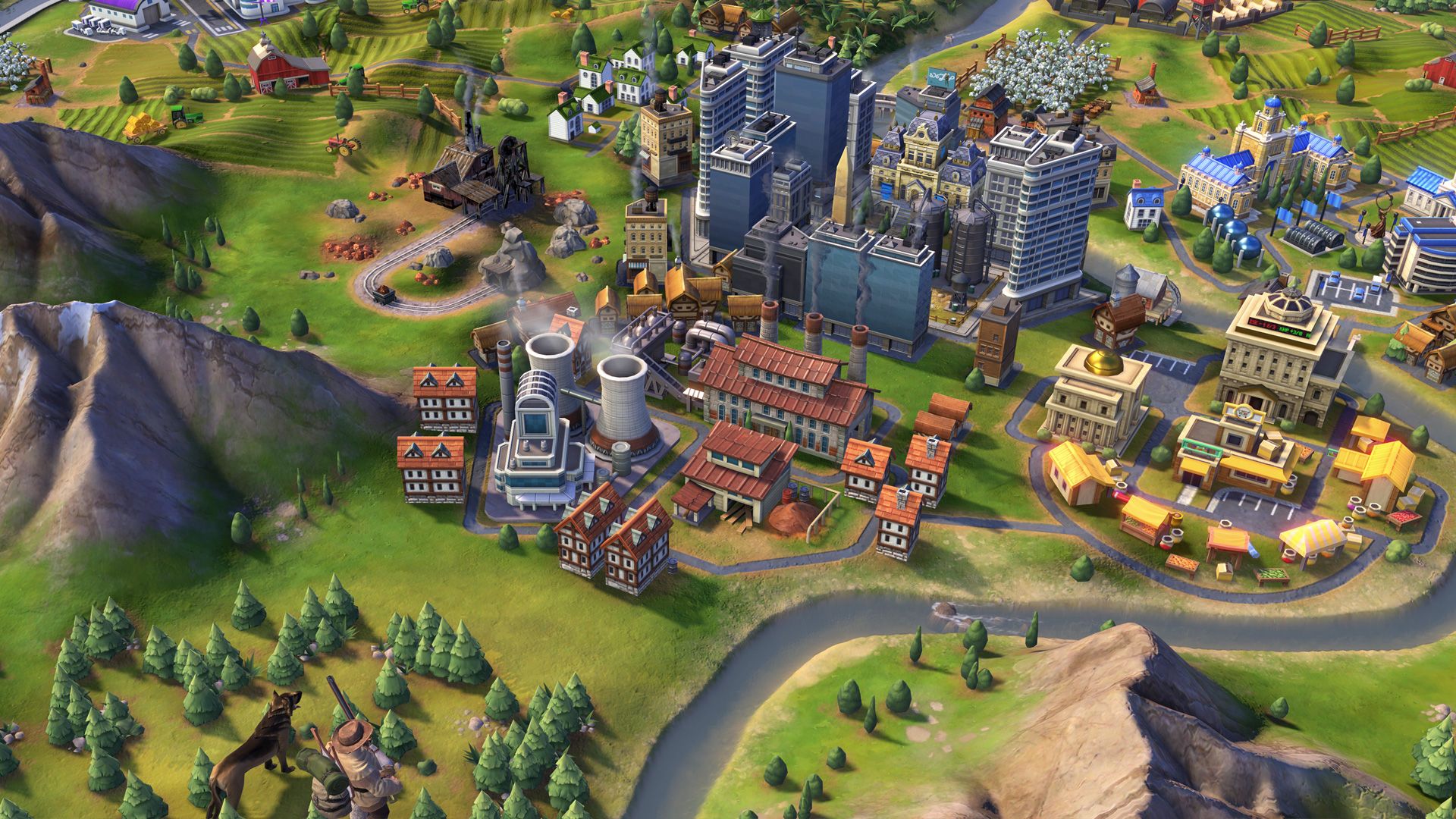
Unique District: Hansa
A confederation of medieval German merchants, the Hansa - marked by their famous Brick Gothic monuments - brought trading communities together to protect their economic interests. The center of the Hansa was Lubeck, where representatives met to discuss how to achieve the healthiest trading climate. The Hansa allowed the formation of armies that ensured defense against piracy and other dangers relevant to trading routes.
https://youtu.be/RgvfU-1ycUs
SUBSCRIBE ➜ http://2kgam.es/CivilizationYT
Follow the conversation on social media by using the hashtag #OneMoreTurn, and be sure to follow the Civilization franchise on social media to keep up to date with the latest news and information on Sid Meier’s Civilization VI.
http://twitter.com/civgame
http://facebook.com/civ
http://youtube.com/civilization
http://instagram.com/civgame




